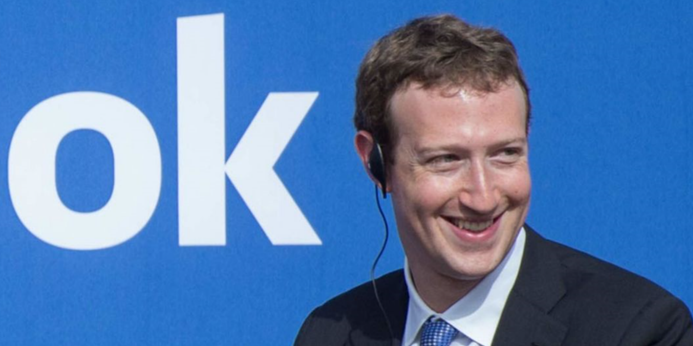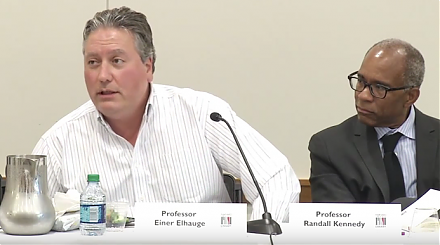

2017-12-03 08:37:00 Sun ET
technology social safety nets education infrastructure health insurance health care medical care medication vaccine social security pension deposit insurance

Sean Parker, Napster founder and a former investor in Facebook, has become a "conscientious objector" on Facebook. Parker says Facebook exploits human psychological vulnerabilities through positive validation that induces its users to constantly post to get more likes and more comments. This instant gratification is quick and easy but offers very few substantive insights and deep relationships.
Chamath Palihapitiya, a former vice president for Facebook user growth, points out that the short-term "dopamine-driven feedback loops" may destroy how our modern society works in practice. When millennials push the iconic "like" button, comment on specific posts, and share them on Facebook, these users reinforce their own views and opinions in virtual echo chambers. Palihapitiya says Face-book may erode "the core foundations of how people behave" in reality. He feels "tremendous guilt" about helping create social network tools and programs that may be "ripping apart the social fabric".
Public sentiment turns quite a bit against Facebook in light of the public issues around fake news and pervasive Russian posts on the U.S. presidential election in 2016. However, Mark Zuckerberg has refined the social mission of Facebook in order to give its active users the power to build interdependent communities so that the world becomes closer together. On this brighter side, social media networks such as Facebook, Twitter, LinkedIn, and so on play an important role in connecting all global citizens to better serve the key valuable purpose of life.
If any of our AYA Analytica financial health memos (FHM), blog posts, ebooks, newsletters, and notifications etc, or any other form of online content curation, involves potential copyright concerns, please feel free to contact us at service@ayafintech.network so that we can remove relevant content in response to any such request within a reasonable time frame.
2019-02-28 20:44:00 Thursday ET

AYA Analytica finbuzz podcast channel on YouTube February 2019 In this podcast, we discuss several topical issues as of February 2019: (1) our proprieta
2021-07-07 05:22:00 Wednesday ET

What are the best online stock market investment tools? Stock trading has seen an explosion since the start of the pandemic. As people lost their jobs an
2017-11-27 07:39:00 Monday ET

Is it anti-competitive and illegal for passive indexers and mutual funds to place large stock bets in specific industries with high market concentration? Ha
2019-07-01 12:35:00 Monday ET

Apple releases the new iOS 13 smartphone features. These features include Dark Mode, Audio Share, Memoji, better privacy protection, smart photo collection,
2018-05-04 06:29:00 Friday ET

Commerce Secretary Wilbur Ross suggests that 5G remains a U.S. top technology priority in light of the telecom merger proposal between Sprint and T-Mobile a
2018-08-21 11:40:00 Tuesday ET

President Trump criticizes his new Fed Chair Jerome Powell for accelerating the current interest rate hike with greenback strength. This criticism overshado